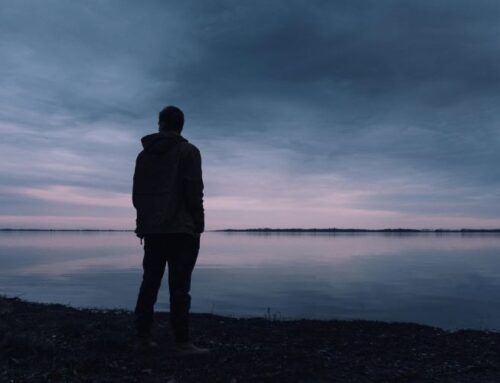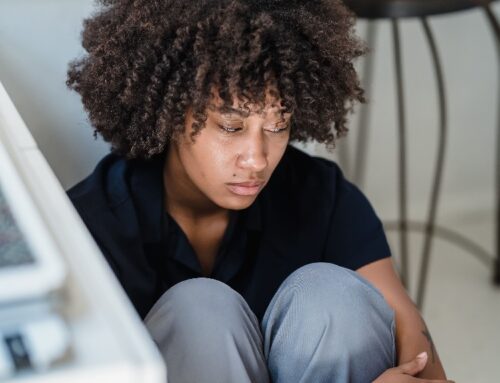 Depression is more prominent in children than most people realize. Unfortunately, for kids in today’s society, life isn’t always about fun and games. Thanks to the COVID-19 pandemic, we have already seen a rapid rise in mental health issues in kids and teens across the country.
Depression is more prominent in children than most people realize. Unfortunately, for kids in today’s society, life isn’t always about fun and games. Thanks to the COVID-19 pandemic, we have already seen a rapid rise in mental health issues in kids and teens across the country.
There are many reasons children can experience depression, from issues at home to bullying, or other external factors that can have a strong impact on their lives.
Unfortunately, if childhood depression isn’t addressed, it can cause bigger problems into adulthood. If you struggled with depression as a child and you’re noticing a lower quality of life now, it’s important to be able to connect the two.
So, how does childhood depression affect you as an adult, and what can you do about it?
Recognizing Childhood Depression
As a child, you probably didn’t recognize the symptoms of your own depression. That’s one of the biggest issues—children have a hard time fully comprehending what they’re feeling. It’s even harder for a child to express those feelings in an accurate and adequate way.
 When feelings of depression don’t get processed the right way, or when you don’t learn how to manage them, you might either repress your depressive thoughts or struggle with mental health issues into adulthood.
When feelings of depression don’t get processed the right way, or when you don’t learn how to manage them, you might either repress your depressive thoughts or struggle with mental health issues into adulthood.
Still not convinced you had depression as a child? Some of the most common symptoms include:
- Changes in eating/sleeping habits
- Social isolation
- Feelings of hopelessness
- Lack of interest
- Increased behavioral issues
If you experienced any of those symptoms in childhood, you may not have known what they meant. Your parents may have been even more puzzled. In some cases, children with depression get misdiagnosed as having ADHD or other hyperactivity disorders. Unfortunately, that doesn’t get to the root of the problem.
How Childhood Depression Follows You Into Adulthood
If your depression wasn’t recognized or managed as a child, can it affect you as an adult? Yes. There have been multiple studies indicating that depression within the first two decades of life is an accurate predictor of poor well-being as an adult.
A big problem is that the repercussions of childhood depression can manifest themselves in several ways.
 For some, it can lead to substance abuse and addiction. When people are struggling with depression, anxiety, or other mental health conditions and can’t understand why, they often turn to things that will “numb” those feelings. Alcohol and drugs are easily accessible, and overuse of them can cause a variety of problems.
For some, it can lead to substance abuse and addiction. When people are struggling with depression, anxiety, or other mental health conditions and can’t understand why, they often turn to things that will “numb” those feelings. Alcohol and drugs are easily accessible, and overuse of them can cause a variety of problems.
For others, poor health and improper social functioning occur. Some people struggle with their finances or having a hard time keeping a job. Others even keep up with poor behavioral issues throughout their lives and get involved with crime.
Obviously, none of these situations are good, and they all stem from the same thing.
What Can You Do?
You may not have been able to process or manage your depression as a child, but you can deal with the repercussions as an adult. If you’ve struggled with any of the issues above or you just feel you’re struggling and don’t understand why, feel free to contact me.
Together, we’ll dive into your childhood history and get to the root cause of what might be causing issues now. From there, we can focus on ways to manage whatever you’re struggling with while understanding what triggered your childhood depression in the first place.
You don’t have to let the issues of your childhood take control over the rest of your life. Whether you’re struggling with substance abuse, erratic behaviors, or your overall quality of life isn’t what it should be, help is available. You can learn more about how treatment for depression and the underlying symptoms you may experience, click here.
When you are ready, feel free to contact me for a 20 minute consultation call.





